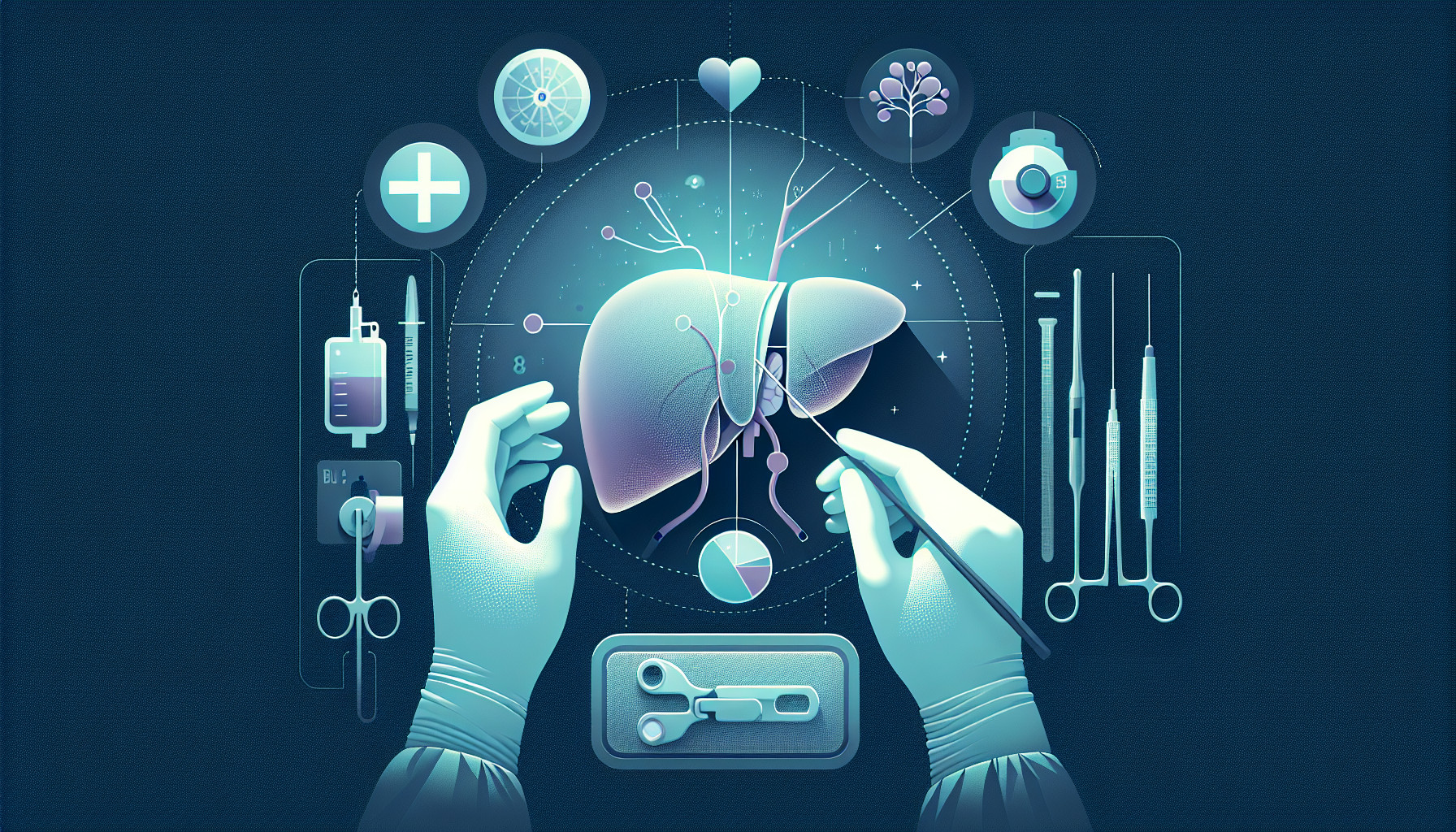Our Summary
This study looks at the role and qualifications of the person in charge of anesthetics during pediatric liver transplants in the US. They found that the majority of these professionals, known as Directors, have the necessary training and skills for the role. However, there are different ways these skills and knowledge can be acquired, which still align with new rules for pediatric transplant surgeons. The researchers suggest that slight changes to the rules regarding the number of cases a pediatric transplant anesthesiologist must handle could validate the Director’s role further and improve safety without limiting access to transplants.
FAQs
- What does the study say about the qualifications of professionals involved in pediatric liver transplants?
- What changes do researchers suggest could improve safety in pediatric liver transplants?
- Are there different ways for a Director to acquire the necessary skills and knowledge for pediatric liver transplants?
Doctor’s Tip
One helpful tip a doctor might tell a patient about pediatric liver transplant is to ensure they follow all post-operative care instructions carefully. This can include taking medications as prescribed, attending follow-up appointments, and maintaining a healthy lifestyle to support the new liver. Additionally, it’s important to watch for any signs of infection or rejection and report them to the medical team immediately. Regular monitoring and communication with the transplant team are key to a successful outcome.
Suitable For
Pediatric liver transplants are typically recommended for patients with end-stage liver disease, acute liver failure, metabolic liver disorders, or liver tumors. These patients may be infants, children, or adolescents who have exhausted all other treatment options and are not able to survive without a liver transplant. Additionally, patients with conditions such as biliary atresia, cystic fibrosis, autoimmune hepatitis, and Wilson’s disease may also be candidates for pediatric liver transplantation. The decision to recommend a liver transplant for a pediatric patient is made by a multidisciplinary team of healthcare professionals, including pediatric hepatologists, transplant surgeons, and transplant coordinators.
Timeline
Before Pediatric Liver Transplant:
- Patient is diagnosed with liver disease or failure.
- Patient undergoes extensive medical evaluations to determine eligibility for transplant.
- Patient is placed on the transplant waiting list.
- Patient waits for a suitable donor match.
During Pediatric Liver Transplant:
- Patient undergoes pre-operative evaluations and tests.
- Patient is admitted to the hospital for the transplant surgery.
- Anesthesiologist administers anesthesia to the patient.
- Surgeons remove the diseased liver and transplant the donor liver.
- Anesthesiologist monitors the patient’s vital signs during the surgery.
After Pediatric Liver Transplant:
- Patient is transferred to the pediatric intensive care unit (PICU) for monitoring.
- Patient receives medications to prevent rejection of the transplanted liver.
- Patient undergoes regular follow-up appointments and tests to monitor the success of the transplant.
- Patient may need ongoing medical care and support for the rest of their life.
What to Ask Your Doctor
Some questions a patient should ask their doctor about pediatric liver transplant may include:
- What are the potential risks and complications associated with pediatric liver transplant surgery?
- How long is the recovery process after a pediatric liver transplant?
- What medications will my child need to take after the transplant, and what are the potential side effects?
- How often will my child need to follow up with their transplant team after the surgery?
- What lifestyle changes will my child need to make post-transplant to ensure a successful outcome?
- How will the transplant team monitor my child’s liver function and overall health after the surgery?
- What is the success rate of pediatric liver transplants at this hospital or medical center?
- What are the qualifications and experience of the pediatric transplant surgeon and anesthesiologist who will be performing the surgery?
- Are there any alternative treatments or options to consider before proceeding with a liver transplant for my child?
- How can we ensure that my child receives the best possible care before, during, and after the transplant surgery?
Reference
Authors: Moguilevitch M, Polaner DM, Mann G, Mauner A, Beagley B, Hendrickse A, Stoll WD, DeMarchi L, Damian D, Sridhar S, Costandi A, Tran L, Jorge LM, Mandell MS. Journal: Clin Transplant. 2022 Nov;36(11):e14672. doi: 10.1111/ctr.14672. Epub 2022 May 3. PMID: 35443083
